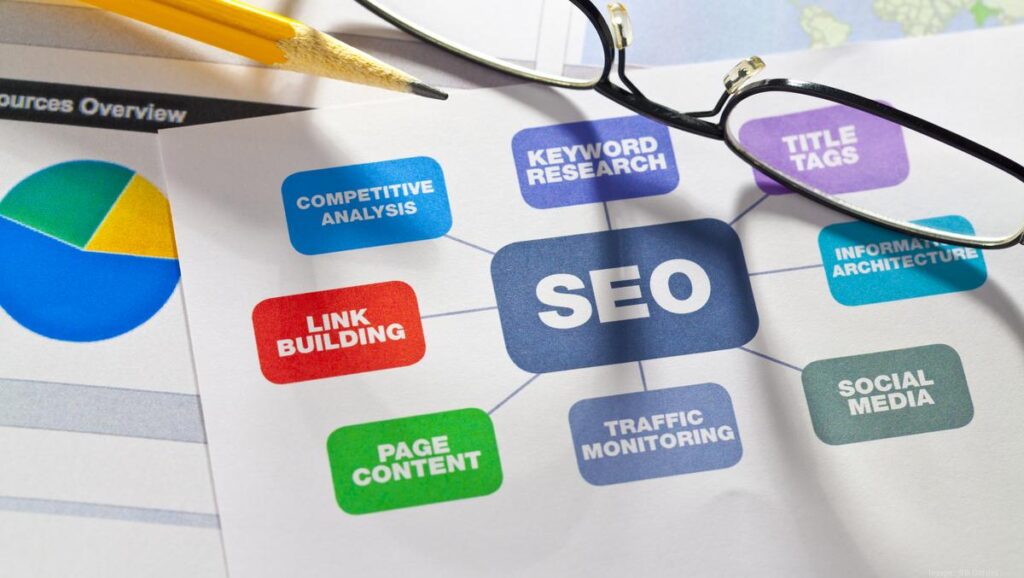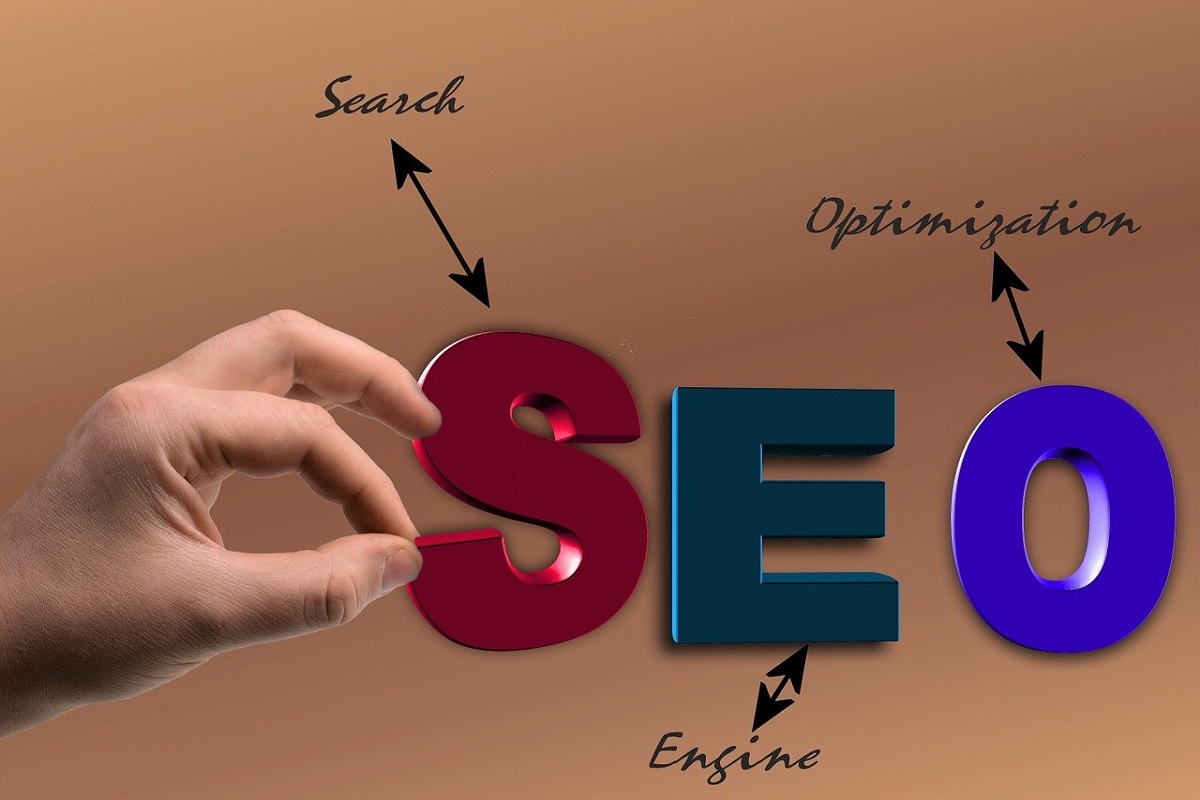Every year, SEO agencies assess if all or portions of their present practises need to be updated or changed. Business owners that manage marketing and SEO in-house must be even more cautious to prevent wasting valuable financial resources.
In this article, P1 seo agency will go through the most disproved practises and give ideas on what to evaluate, what to modify, and how to update your SEO and marketing initiatives with the least amount of work to help you get started. While many businesses continue to rely on outdated and unproductive practises, you may remain ahead of the competition by implementing these adjustments sooner rather than later.
Myths to Bust before the end 2022
SEO approaches and strategies are evolving on a regular basis to meet modifications from Google, Facebook, and others. Because of these ongoing changes and tweaks, SEO and marketing experts must modify their strategies properly, which necessitates constant awareness of when algorithm updates are made and the particular adjustments that must be made to correspond. Consider the payoff if it appears complex. You will discover what is today deemed wasted energy as well as what is most likely to make a visible difference.
Myth 1: Videos have no effect on Google rankings.
Nothing could be further from the truth. Did you know that YouTube is the world’s second largest search engine? Knowing that changes everything, doesn’t it? Its search engine is robust, sorting and ranking material depending on its algorithms and users’ search queries. Google ranks popular videos higher in order to make it easier for additional viewers to locate them, thus seeking to increase views and viewers.
Myth 2: An effective homepage should have a lot of copy.
Your webpage serves as your business card. Visitors should understand what your firm does, what distinguishes it from others, and what you want them to do when they visit your website. That is the basic rule. So, it’s not a matter of heavy or light copy. The most successful solution is content that answers those questions swiftly, clearly, and without ambiguity.

Myth 3: Meta descriptions help with search engine rankings.
Many SEO agencies and specialist believe that a strong meta description about a website might help them rank higher in search engines. That is just not the case. They do, however, it majorly influence whether or not the link is clicked, depending on how effective the descriptions entice the interested minds that are looking.
Myth 4: More pages are better than fewer pages.
It all boils down to having extremely quality and positive contents once again. Content must have a purpose, such as answering questions, educating, or providing amusement. High-quality content is not merely a repetition of what every other competitor is writing about.
It is worth noting that Google does not index every website, and even when a page is indexed, it may not appear in a search if it is too similar to previously indexed information. As a result, just create new pages if/when they are required.
Myth 5: There can only be one H1 per page.
Google’s Master Webmaster, John Mueller, verified the truth regarding how many H1 tags to utilise per page, saying, “Your site will rank completely well with no H1 tags or with five H1 tags.” Enough of it.
Myth 6: Local SEO is no longer necessary.
That is just not the case. Local SEO is critical and may be incredibly beneficial, especially if you want your clients to stop and purchase from your physical store. Local optimisation should be a top SEO and marketing focus today and in the future. Consider it a local “Yellow Pages” listing where clients in your region can locate your firm both in person and online. Never underestimate the significance of persistent local SEO strategies.

Myth 7: On-site Pop-ups Are a Ranking Issue
It may seem counter-intuitive given how disruptive pop-ups are, but it all comes down to whether the pop-up is regarded as a quality or a nuisance. Some websites, for example, have pop-ups that never seem to go away, no matter where you browse on the site. They obstruct viewing material and are little more than an inconvenience.
Google implemented a new policy in January 2017 that punished “intrusive interstitials,” sometimes known as pop-ups. If the pop-up does not interfere with the user’s experience, it is typically acceptable. However, if the mobile visitor must reject a pop-up before proceeding to the main content of the page, Google will most certainly penalise the site. The user must be able to view the content of the page.
Myth 8: Image Optimization is a Waste of Time
If you want your website to be discovered more easily, image optimisation is vital. For two reasons, it is critical to include descriptions in the alternative text field: It makes images available to people who cannot see them; and it provides data to Google so that it can better understand the image.
Google recognises the following image formats: GIF, BMP, JPEG, SVG, PNG, and WebP. Keep in mind that the faster the image loads, the better. Avoid lag time since it affects your ranking.
Myth 9: Stay away from outbound linking.
Quite the reverse! It is crucial to provide value to your readers/visitors from an authoritative and professional standpoint, so adding links to other sites that provide extra information and value is only natural. Obviously, avoid connecting to advertisements and other potentially spammy options.
Myth 10: Keywords are the most important thing.
The days of using high-ranking keywords to increase leads, traffic, and conversions are long gone. Phrases and natural language processing have been more significant for search since 2013 (Google’s Hummingbird algorithm). People often use long-tail search queries, thus Google is continually enhancing the search engine’s capacity to recognise and adapt to them in order to return more relevant results.
As a result, ranking first for one or two keywords is no longer advantageous. This year’s answer is topic clusters.
To get the help of an SEO agency that understand the current trends and current algorithm updates of search engines reach out to P1 SEO agency for a wholistic approach to resolve all your SEO service needs.
